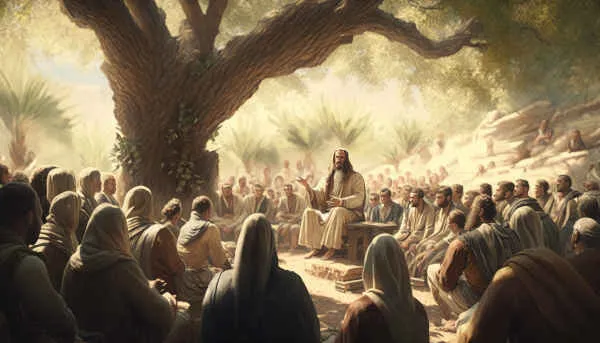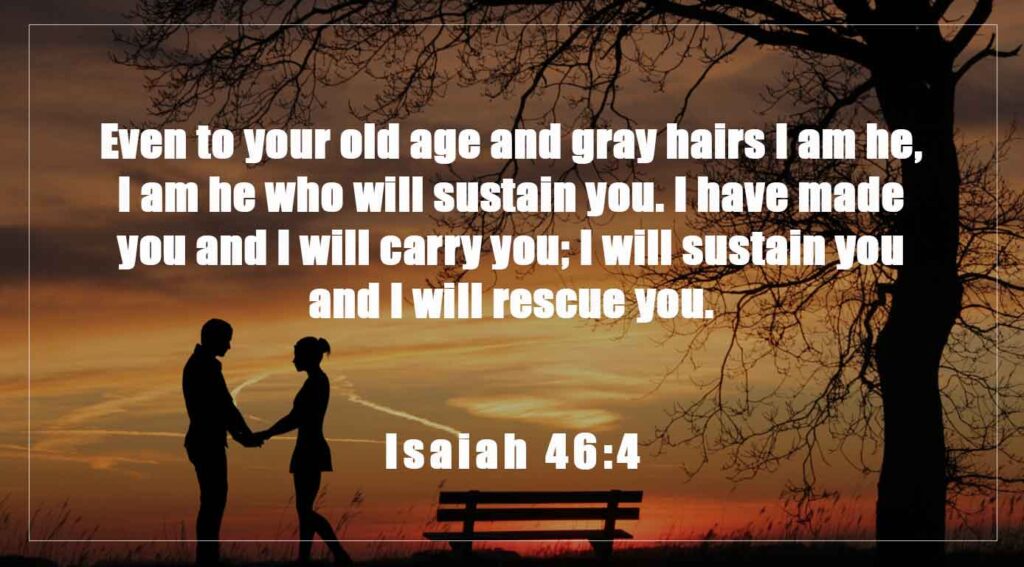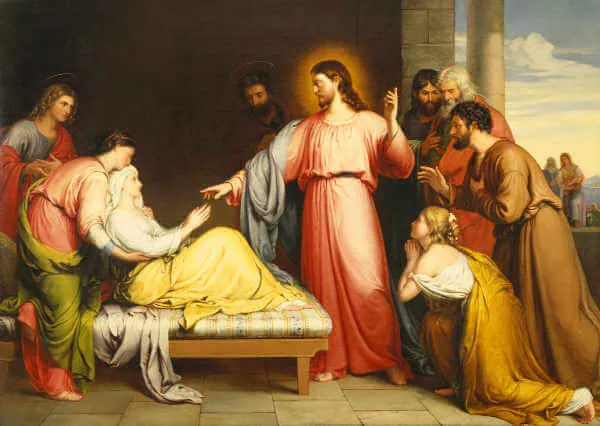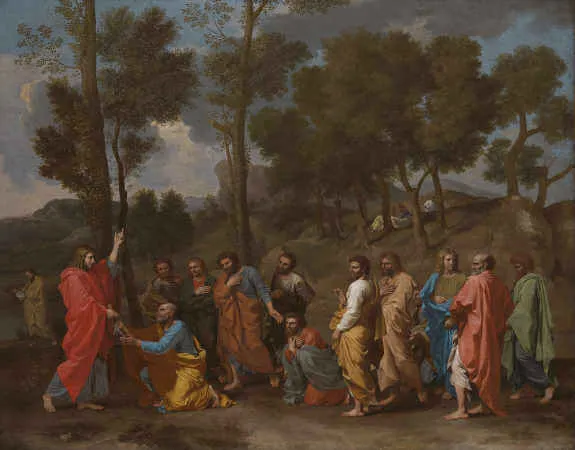The Reward of Eternal Glory
“When you hold a lunch or a dinner, do not invite your friends or your brothers or sisters or your relatives or your wealthy neighbors, in case they may invite you back and you have repayment. Rather, when you hold a banquet, invite the poor, the crippled, the lame, the blind; blessed indeed will you be because of their inability to repay you.”
Reflection:
Is Jesus telling us that it is sinful to invite friends and family to a dinner party? Certainly not. He is teaching us about something much deeper. Throwing a dinner party for others is good when our motive is love. But if the goal of the dinner, or any other act of charity, is vainglory, then the vanity we achieve from such an act is the payment we will receive. Sadly, the “payment” of vainglory is sought and obtained by many in various ways. Jesus’ lesson teaches us that our only motive for the good we do should be the humble and hidden motive of loving service.
As a result of the temptation to pride, we can easily find ourselves being inordinately concerned about what others think about us. Holding a lunch or dinner for friends, family, and your wealthy neighbors is simply an illustration of the sin of pride at work. Within this context, Jesus is speaking about a person who performs some act for the sole purpose of building up their self-image and obtaining praise and flattery from others. This form of “glory” is truly vain in that it is not only worthless to the good of the soul, it is also damaging.
Why do you do what you do? Are your good actions done so that others will see and praise them? Do you go out of your way to show people how good you are? Are you overly concerned about the opinions of others? If the answer to any of these questions is “yes,” then you might be struggling with pride more than you realize.
On the contrary, are you content with doing some good deed that is hidden from the eyes of others? Can you take delight solely in helping others, even if no one knows about it? Are you motivated to serve and give of yourself for the exclusive reason that you want to make a difference in the lives of others? This is what Jesus means when He says you should hold a banquet for the poor, crippled, lame, blind, and everyone who is unable to repay you. In other words, when you are not able to receive the “reward” of vainglory, that is good. That must be your goal.
Reflect, today, upon how strong your desire is for notoriety. Consider some scenario where you worked hard day and night for some time to do some good work. Imagine that the good work accomplished great benefits for others. Then imagine that no one knew you were behind that good work and, therefore, you received no gratitude or acknowledgment. How would you feel? Ideally, you would rejoice for two reasons. First, you would rejoice that you were able to serve and make a difference. Second, you would rejoice that God and God alone was aware of your act of charity. When God sees our goodness and selfless service, He puts Himself in debt to us in a certain sense. The “debt” that God takes on is His gratitude and love which are expressed to us through eternal rewards of His making. Seek to obtain these eternal rewards by striving to serve in the most hidden and humble ways possible. Those rewards infinitely surpass the fleeting rewards of vainglory.
Source: https://catholic-daily-reflections.com/2024/11/03/the-reward-of-eternal-glory-2/







